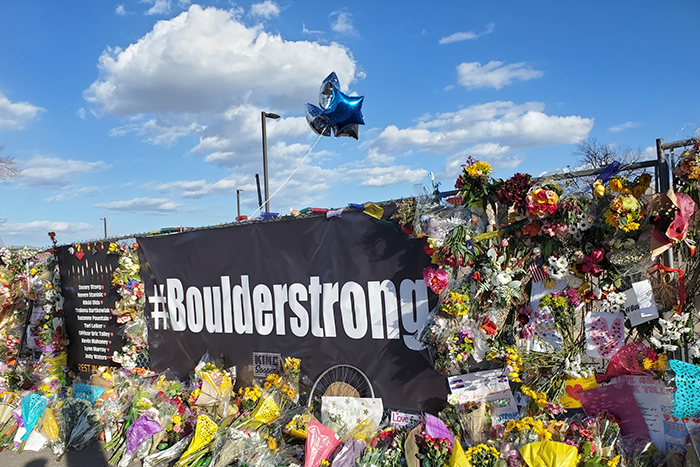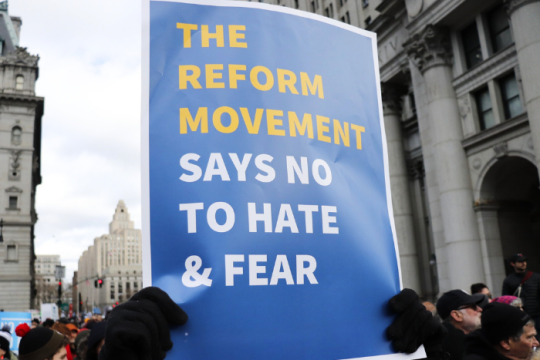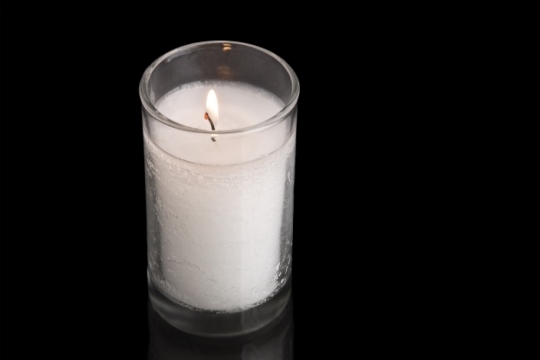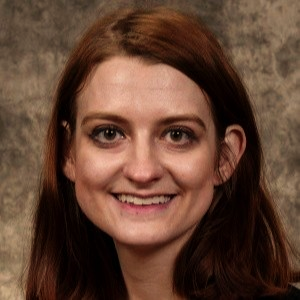
On June 1, I was shopping with my husband and son in Lakewood, CO, about halfway between Denver and Boulder. When I saw the headline that someone had attacked a march to raise awareness for the remaining Israeli hostages kidnapped by Hamas, my heart sank. As I refreshed the screen, I found witness statements that the attacker shouted, "Free Palestine." My first thought in response: of course they did. Ever since October 7th, the phrase "Free Palestine" has taken on a performative air. In the cases of the shooting of two Israeli ambassadors and the attack in Boulder, it sounds less like a call for self-determination and more like an excuse to cloak hateful acts with a veneer of legitimacy, even heroism.
I moved to Denver with my husband and son last fall. We were excited to plug into the Jewish community, take advantage of the parks in town and the nearby mountains, and enjoy the different events that seem to take place every weekend. I did know that it was also more likely that I would encounter antisemitism. It didn't occur to me that the antisemitism I experienced would take the form of a blatant act of terrorism so close to home.
As I've had a chance to process, I've felt anxiety, fear, and a heightened sense of danger. A terror attack taking place less than an hour from my home isn't something that living in suburban Illinois or rural Iowa prepared me for. Safe to say, the illusion of "it couldn't happen in my community" was shattered.
The most prominent feeling I've carried throughout the week is anger. How is it that in 2025, someone feels justified launching Molotov cocktails ignited by a makeshift flamethrower into a crowd of people, including elderly Holocaust survivors and children? Especially when those people are working to raise awareness about the remaining Israeli hostages and bring them home? How can someone harbor so much hate toward people they've never met?
The last question isn't just in relation to the act of terrorism that happened in Boulder. It's also for Americans who are so blinded by fear of "the other," so convinced that "immigrants are taking American jobs," that they are willing to stand by as masked paramilitary goons pack innocent citizens, families with young children, and individuals who "look illegal" into unmarked vans and transport them to unknown locations. In these cases, hate isn't present in the form of flamethrowers and slogans, but in quiet complacency.
A mere two days after the attack, in Colorado Springs, CO, a mother and her five children (twin 4-year-olds, an 8-year-old, a 15-year-old, and a 17-year-old) had their visas revoked and were taken into ICE custody. They were slated for "expedited removal" until a judge blocked their deportation proceedings (although as of now, the family is still being held in a detention center in Texas). What can we call it when a government agency removes a mother and children from their home and detains them without due process? Some words that come to mind: inhumane, cruel, and, yes, hateful.
That family is the Boulder attack suspect's wife and children. It doesn't change the fact that what has happened to them is a state-sanctioned act of hate. While I agree that the person who carried out the attacks should face the full consequences of his actions, including standing trial at the federal and state levels, I do not support the suspect's wife and children being detained and punished for the attack.
Deuteronomy 24:16 states that "...children shall not be put to death for [the sins of] their parents." Punishing an entire family for one member's actions not only violates their rights to due process; it goes against our Jewish beliefs. In addition, the Torah commands us to care for those who are most vulnerable among us, including immigrants. The RAC, and its state affiliates, are currently launching campaigns to support immigrants and stand up for their right to due process.
Am I still angry? Yes. But now that anger is compounded. Even as I process the attack and the hatred behind it, I am also angry that six innocent people are being detained, without due process, in retribution for it. What's more, at some level, they're being detained on my behalf as a Jewish Coloradan.
I don't consider myself a scholar, a public figure, or an authority on law or Jewish thought. Even so, I hope to use what platform I have to advocate for justice: for the 15 victims of the June 1 attack; for the immigrant community as a whole; and for a mother and her five children who are currently being detained not for a crime, but because of who they call their husband and father.
Learn more about how you can advocate for due process for immigrants and help create communities of dignity, humanity, and peace by joining us at the RAC's 2025 Immigration Campaign Launch via Zoom on June 17 at 7:00 p.m. ET.
Related Posts

The Union for Reform Judaism’s Responses to the Increase in Antisemitic Incidents

Share a Message with the Milgrim and Lischinsky Families

